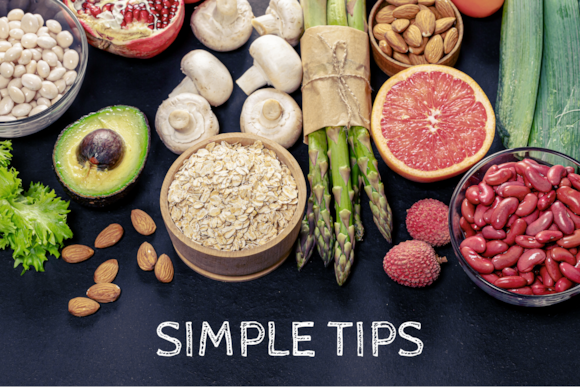Ahead of World Hypertension Day on the 17th May, Total Health and doctors are urging women to know their blood pressure. It is important - especially for women - to understand the key steps that can be taken to improve health, in order to help prevent heart disease and stroke.
risk for heart disease increases at a lower level in women compared with men
As pointed out by the European Society of Cardiology, risk for heart disease increases at a lower level in women compared with men. If you have concerns, a blood pressure monitoring appointment can be scheduled.
Hypertension (high blood pressure) in midlife is more harmful in women than in similarly aged men, and is a stronger risk factor for heart attack, cognitive decline and dementia. Prof Maas goes onto explain, “One of the most important consequences of hypertension in women is a type of heart failure in which the heart muscle is stiff".
There are few treatments available for Heat Failure other than from world experts such as Mr Inderpaul Birdi, so if you want to avoid symptoms such as shortness of breath, fatigue and fluid retention when you are over 70, you have to start treating high blood pressure in middle age. If you wait 20 years, it is often too late.
 Hypertension affects one in three women
Hypertension affects one in three women
Hypertension is women is a big deal being one of the most important risk factors for death - affecting around one in three women. As Prof Maas points out despite the importance, hypertension in women is often underestimated and / or not sufficiently treated”.
Below the age of 50, hypertension is more prevalent in men than women. However, this health parameter reverses in the years after menopause so that after the age of 65, hypertension is more common in women than men.
What are the key symptoms of hypertension in women?
The symptoms of hypertension are more pronounced in women and can be be mistaken for menopause. The main symptoms include anxiety or stress, however, young and middle-aged women with high blood pressure often also report the following:
- palpitations,
- chest pain,
- pain between the shoulder blades,
- headaches,
- difficulty concentrating,
- shortness of breath,
- tiredness,
- fluid retention,
- poor sleep,
- hot flushes and
- a feeling that their bra is too tight.
How can diet and nutrition help women reduce their blood pressure?
Flaxseeds: A natural way to reduce blood pressure
Cara Shaw, a renowned Women’s Health Nutritional Therapist and Nutrigenomics Practitioner who specialises in addressing complex health issues such as PCOS, infertility, and hormonal imbalances, explores flaxseeds as a natural way to reduce blood pressure.
In her article on the importance of monitoring and reducing blood pressure levels for women she explains how the inclusion of appropriate ingredients into a diet can have a big impact.
Flaxseed to reduce blood pressure
Over 7.6 million people are living in the UK with a heart or circulatory disease and whilst there are many different risk factors for developing cardiovascular disease, high blood pressure is the leading modifiable risk factor, with others including obesity, high cholesterol, poor diets and sedentary lifestyles.
Dietary changes and the inclusion of health foods are getting increasing recognition as integral parts of lifestyle changes suggested to reduce the risk of cardiovascular and metabolic diseases.
When it comes to foods that support health, flaxseeds are a powerful contender, as they contain beneficial compounds such as omega-3 fatty acids, lignans and fibre that have shown anti-inflammatory, anti-oxidative and lipid modulating properties (6). Let’s explore the research-backed advantages of flaxseeds, including their impact on cardiovascular health, and how you can incorporate them practically into your daily routine.
Fulll article on The importance of monitoring and reducing blood pressure levels for women
The time of a woman’s life when her ovaries stop releasing an egg (ovum) on a monthly cycle, and her periods cease
Full medical glossary
















